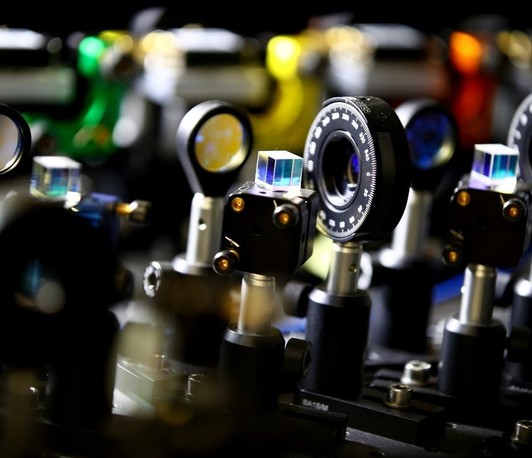(MCQST-Colloquium) (Prof. Markus Oberthaler)
- (in-person)
- Datum: 13.09.2022
- Uhrzeit: 14:30
- Vortragende(r): Prof. Markus Oberthaler
- Kirchhoff-Institut für Physik, Universität Heidelberg
- Ort: Max Planck Institute of Quantum Optics
- Raum: Herbert Walther Lecture Hall

One fundamental question in oceanography is the dynamics of water, more specifically the time when deep water in the ocean was last in exchange with the atmosphere. This information is especially important for estimating the uptake of anthropogenic CO2. I will discuss why Argon 39 atoms are a perfect choice for addressing these questions and why it is such a challenge to unleash their potential [1].
A very different fundamental question is the dynamics of a quantum scalar field in time dependent spacetime. I will summarize our recent results on the implementation of a Friedmann-Lemaître-Robertson-Walker metric for a scalar quantum field with control over spatial as well temporal curvature [2]. The quantitative agreement of the expected particle production in expanding spacetime with new analytical solutions confirms the performance of our simulator for quantum fields.
[1] Spurensuche in der Umwelt, M. Oberthaler and W. Aeschbach, Physik Journal, 11 (2021) 25-30.
[2] Quantum field simulator for dynamics in curved spacetime, C.
Viermann et al. arXiv:2202.10399.